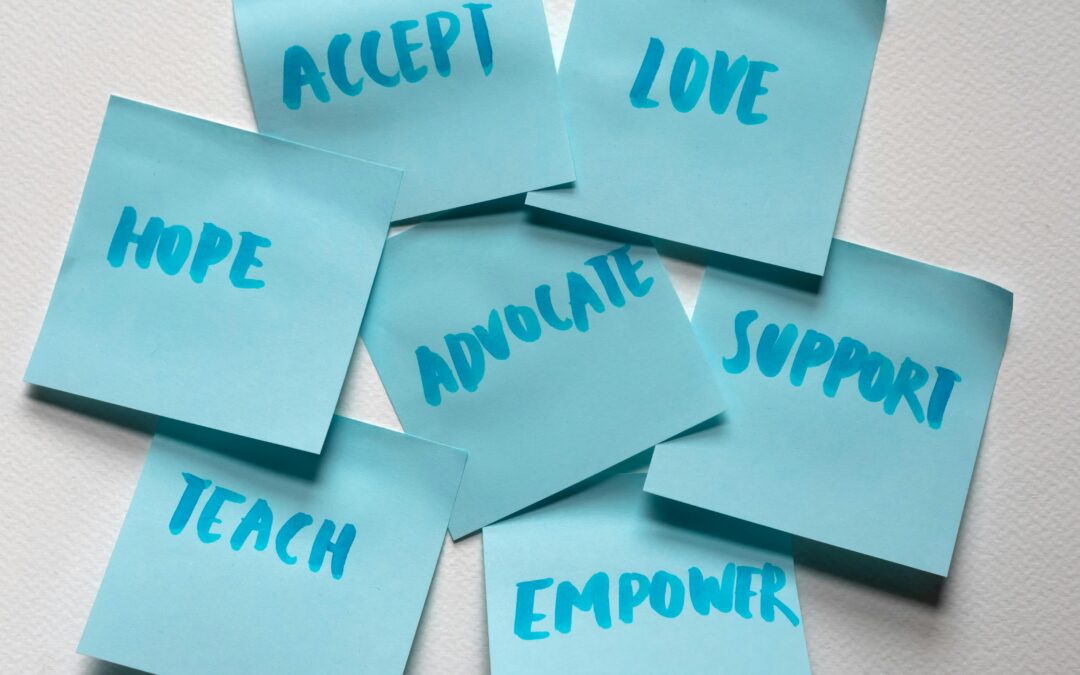Author: Melissa Howard
In 2011, I experienced my most devastating manic psychosis. To speak my truth, I didn’t expect to survive that episode. It changed me as a person. It was a traumatizing period for me and for those who loved me.
I had already experienced mania and depressive episodes with psychotic features at the time of my diagnosis at nineteen. However, this episode was different. It unleashed a level of rage and energy I never imagined myself capable of. In retrospect, even after previous episodes, I hadn’t fully grasped what bipolar 1 disorder (BD) was capable of—until I lived through that experience. I had already lost so much to BD, but I could never have imagined it evolving beyond what I had previously endured. My mind became so cognitively distorted that my perception of reality and my sense of self transformed into something unrecognizable—something I wouldn’t have conceived even in my worst nightmares. I could no longer distinguish between my dreams—during the brief moments I managed to sleep—and reality. My dreams felt so real that I believed they had actually happened, while my waking life felt dreamlike.
Before that episode in 2011, I had been in a euthymic state for eight years. My previous episodes had been just as terrifying, marked by delusions, grandiosity, and both auditory and visual hallucinations. But back then, I was able to write my way through them—trying to rationalize my experiences and make sense of my reality, even when it made no sense to others. The only reason I can recall my psychotic episodes from my late teens is that I documented them daily for months, attempting to untangle the distorted world I was living in.
But there was no writing through this episode. My thoughts were too chaotic—each one colliding into the next before I could process it.
This isn’t to say my previous episodes were any less serious—they, too, required emergency treatment. But in 2011, I acted impulsively, completely devoid of insight. My reckless behavior could have cost me my life. Large gaps exist in my memory from that time, and what I do know has been pieced together by trusted loved ones and my psychiatrist, who gently helped me understand my actions. The shame and guilt that followed were unbearable. Learning about the chaos and destruction I had caused triggered a familiar symptom—suicidal ideation.
This brief synopsis captures only a fraction of the severity of that episode fourteen years ago.
Fast forward to today—I am grateful for my life and my ability to advocate from a place of lived experience and authenticity. My goal is to provide comfort and hope to those who believe a fulfilling life with bipolar disorder isn’t possible. I have lost my reality completely and found my way back with the help of medication, standing therapy appointments, and a lifestyle that supports my stability. I have learned to respect the limitations of bipolar 1 disorder. Though I live within structured boundaries, I have also discovered how to thrive—raising remarkable children, maintaining healthy relationships, and advocating openly about BD. I do so knowing that many who live with the disorder don’t feel safe speaking about it—let alone seeking support.
When I decided to become an advocate for bipolar disorder, I had been stable for a significant period of time. I felt ready to share my journey openly, without fear of triggering an episode. I had a firm grasp on my past triggers—they no longer affected me in the same way. Through therapy, I learned to manage both my physical and emotional responses. That doesn’t mean I am immune to my triggers, but I now have the awareness and tools to navigate them effectively. There have been times when a trigger has caught me completely off guard, leading to an overwhelming and uncomfortable reaction. But it is in those teachable moments that I uncover where my vulnerabilities still exist.
I am deeply grateful for the connections I’ve made through advocacy. There is a powerful community of like-minded individuals who share their experiences with BD in hopes of helping others feel less isolated. These incredible people include, but are not limited to, medical professionals, therapists, clinicians, researchers, and organizations like the International Bipolar Foundation (IBPF), along with so many others with lived experience. Their collective efforts help reduce stigma, normalize conversations about mental illness, and educate others about this complex and misunderstood disorder.
An open platform for discussing bipolar disorder is essential. It shifts the narrative from one of stigma, fear, and misconceptions to one of empathy, understanding, patience, and compassion. Countless people are working to raise awareness, improve the lives of those living with BD, and support their loved ones. I’m honored to be part of this movement—no matter how small my contribution may be.
The content of the International Bipolar Foundation blogs is for informational purposes only. The content is not intended to be a substitute for professional medical advice, diagnosis, or treatment. Always seek the advice of your physician and never disregard professional medical advice because of something you have read in any IBPF content.


